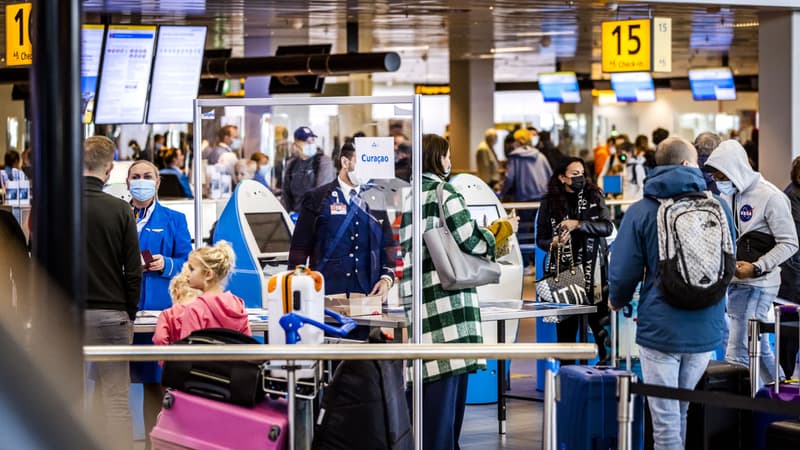“Schiphol will make things slower, cleaner and better.” This is a summary of the new philosophy at Amsterdam-Schiphol International Airport in the Netherlands, which aims to take a more measured and responsible approach to air travel, even if it means seeing its traffic (and therefore its revenues) drop. income).
“Schiphol connects the Netherlands with the rest of the world. We want to keep doing it, but we have to do it in a better way. The only way forward is to get quieter and cleaner faster. For too long, we have thought only about growth and too little from their bottom line. We must be sustainable for our employees, the environment and the world. I am aware that our choices can have major effects on the industry, but they are necessary,” says Ruud Sondag, CEO of Schiphol Royal Group .
Therefore, this approach will take the form of strong measures to be applied “no later than 2025-2026” with, for example, the ban on private jets, criticized from all sides for their carbon footprint per passenger but also for its noise pollution. . “They are no longer welcome”, we can read in a press release.
“They are no longer welcome”
Schiphol “will ban the traffic of private planes and small companies. This traffic causes a disproportionate amount of noise pollution and CO2 emissions per passenger (around 20 times more CO2 compared to a regular flight). Of these flights, 30-50 % are holiday flights to destinations such as Ibiza, Cannes and Innsbruck, as well as sufficient regular services to the most frequent destinations in private planes Police or health flights will be maintained.
Please note that according to a study of Danish environmental company CE Delft Commissioned by Greenpeace, 572,806 private intra-European flights were registered in 2022, that is, 64% more than in 2021 and almost 5 times more than the 118,756 registered in 2020.
Also according to this report, the routes between Amsterdam and London are among the busiest private jet flights in 2022 for flights of less than 500 kilometers. The firm counted more than 12,000 private flights last year, more than half of them from Schiphol, or 53,000 tons of CO2.
10,000 fewer night flights
But that is not all. Schiphol is going to implement a nightly closure (called a curfew), “so that there is more peace in the surroundings.”
Specifically, no more aircraft will take off between 00:00 and 06:00 and no landing will be possible between 00:00 and 05:00. A decision that will mean the elimination of 10,000 fewer night flights per year. In France, the Paris-Orly airport applies the same type of measure.
These bans will significantly reduce the number of people seriously embarrassed at Schiphol (-16%) and the number of residents “suffering from severe sleep disturbances (-54%),” the airport says.
“Too long, we focus on low costs”
At the same time, one of the busiest airports in Europe announces its intention to halt its physical development. “Schiphol renounces the possibility of an additional take-off and landing runway and asks the national government to cancel” this project that has given rise to options in nearby land, “unnecessary pressure on the scarce space in the region,” he stresses.
Finally, Schiphol intends to calm the social unrest that has shaken European airports for two years. “For too long the focus has been on low costs. A different approach is needed: everyone matters at Schiphol. The social agreement with the unions was a first step. Schiphol is now persevering and it is considered important that the conditions of employment of all those who work at the airport are good” we can read.
“Schiphol is committed to improving wages in all industries, better protecting all employees from emissions, reducing competition in the handling market, and improving working conditions for baggage handling employees.”
Source: BFM TV


